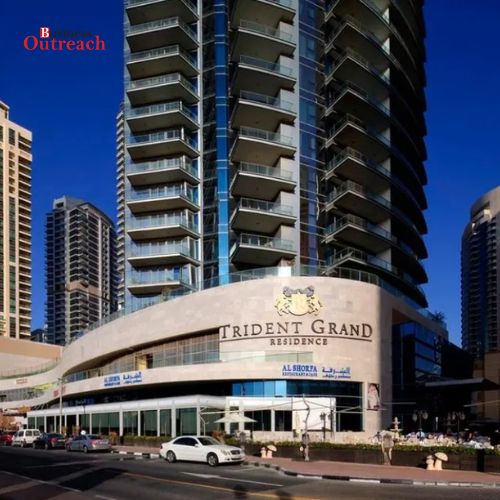Approximately 6 million metric tonnes (43.8 million barrels) of discounted Russian crude would be purchased by Indian state-run refiner BPCL from Rosneft at a price based on the benchmark set in Dubai, according to three sources with direct knowledge of the negotiations.
In the aftermath of Western sanctions on Moscow, the agreement would strengthen India’s ties to its largest oil supplier. It would also signal Rosneft’s ongoing shift away from pricing its oil against the Brent benchmark, which is primarily used in Europe, and towards the Middle Eastern benchmark used in Asia.
According to the sources, who asked to remain anonymous because they were not licenced to speak to the media, Rosneft will provide Bharat Petroleum Corp. Ltd. (BPCL) with the equivalent of 6 to 7 cargoes of roughly 700,000 to 720,000 barrels each every month through March 2024.
According to the sources, negotiations for a contract are advanced, with both parties ironing out specifics, including payment arrangements. Requests for comment from both BPCL and Rosneft went unanswered.
The third-largest oil importer in the world’s share of Russian oil would benefit more from a contract, which must be approved by the board of BPCL.
As a result of shifting supplies away from Europe, Russia has replaced the United States as India’s major oil supplier, with a 40% stake.
Indian refiners, who in the past rarely purchased Russian oil due to high transit costs, are now snatching up petroleum sold at a discount after certain Western organizations and states avoided buying from Moscow following its invasion of Ukraine.
With effect from December 5, countries in the European Union ceased purchasing Russian oil, and the Group of Seven (G7) joined the EU in setting a $60 per barrel price restriction on Russian petroleum to reduce Moscow’s income.
The sources indicated that the price of the Russian crude sold to BPCL will be $8 per barrel less than the Dubai benchmark.
The leading refiner in the nation, Indian Oil Corp., and Rosneft agreed in April to a deal for up to 1.5 million metric tonnes of oil per month at a discount of $8 to $10 per barrel compared to the Middle Eastern benchmark.
Since Europe stopped buying Russian oil from Moscow, Rosneft has been progressively moving away from the Brent benchmark, which is mostly used in Europe. Both benchmarks are determined in dollars by S&P Global Platts, a division of S&P Global Inc. in the United States.
While Brent is primarily used to price petroleum from Europe, Africa, and South America, the Dubai benchmark is largely impacted by Asian and Middle Eastern oil trading.
Since the West implemented broad-based sanctions, including a prohibition on seaborne Russian oil imports, Russia has been shifting its energy supplies from traditional customers in Europe to Asia, primarily India and China.
BPCL buys Russian oil on the spot, primarily from merchants, like the majority of Indian refiners. According to the sources, the new arrangement under discussion would allow BPCL to import different Russian oil grades, including Sokol, Varandey, and Urals.















